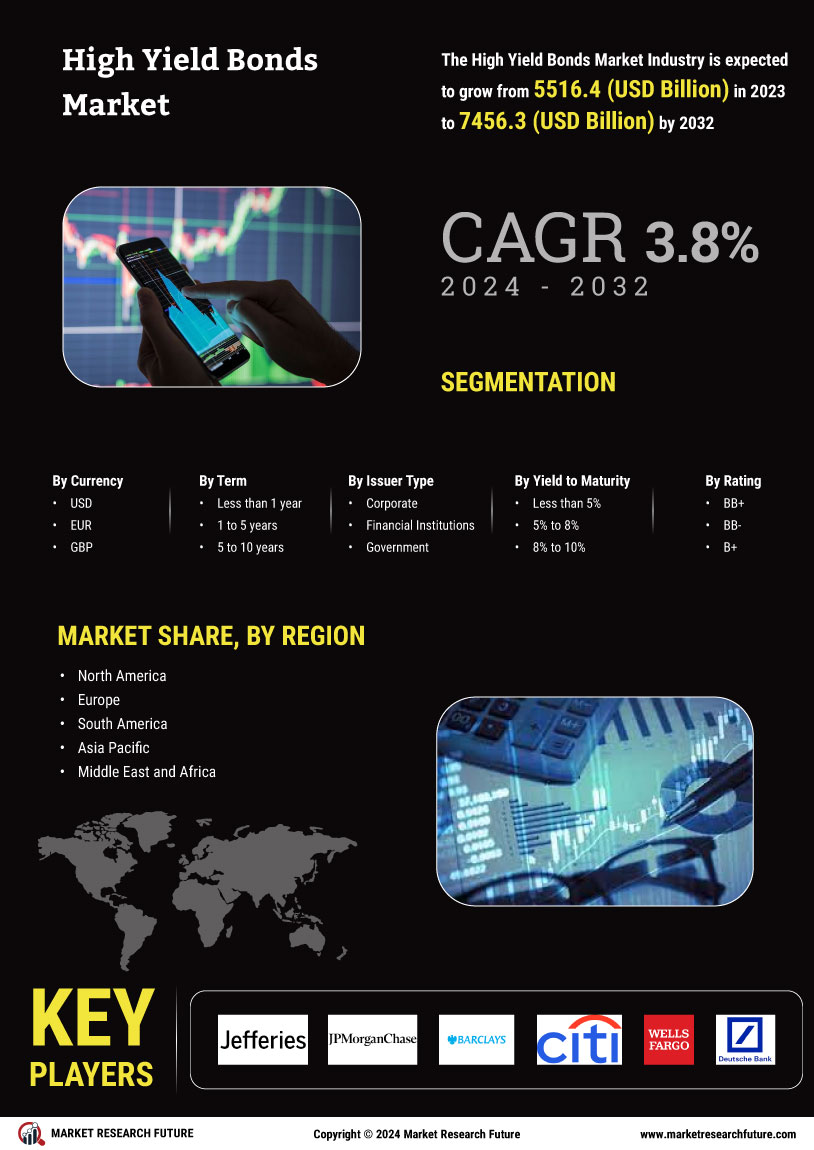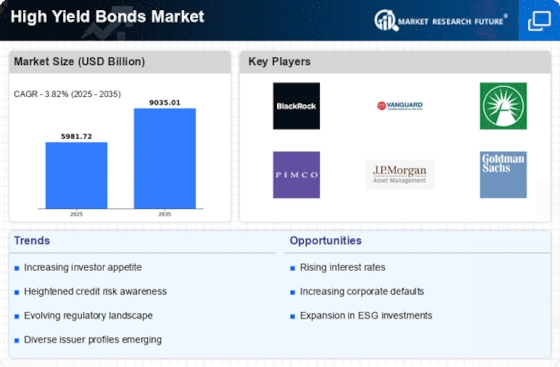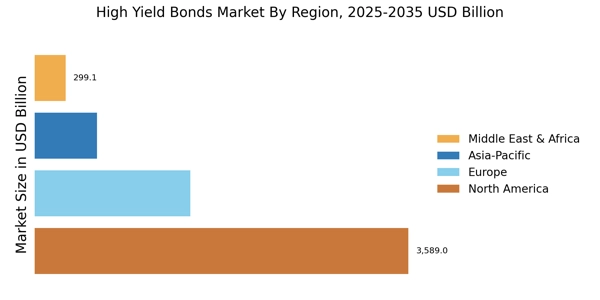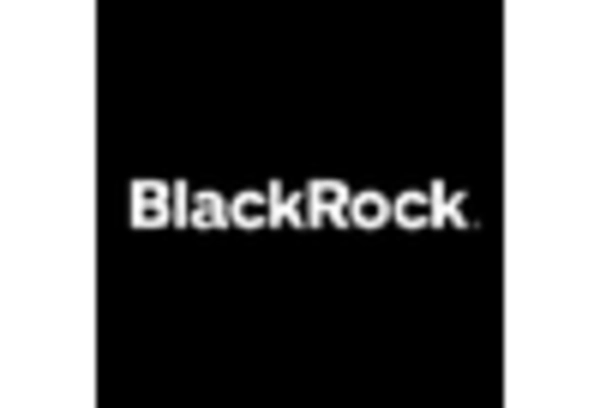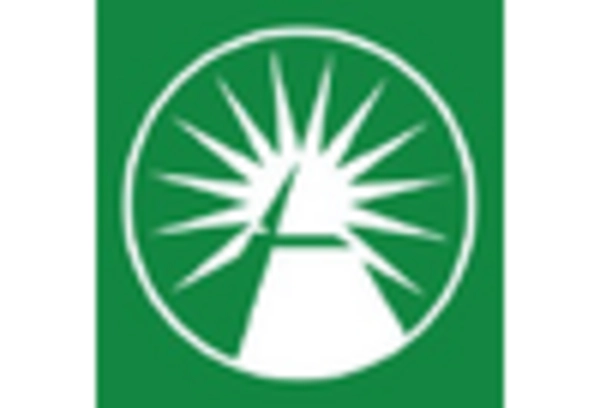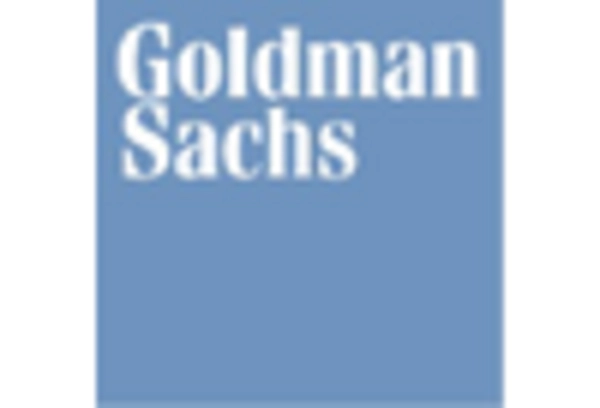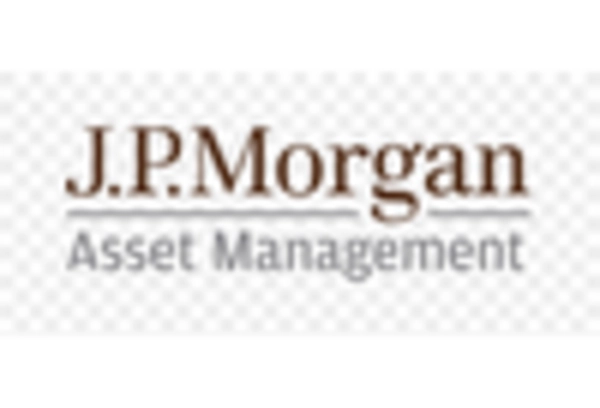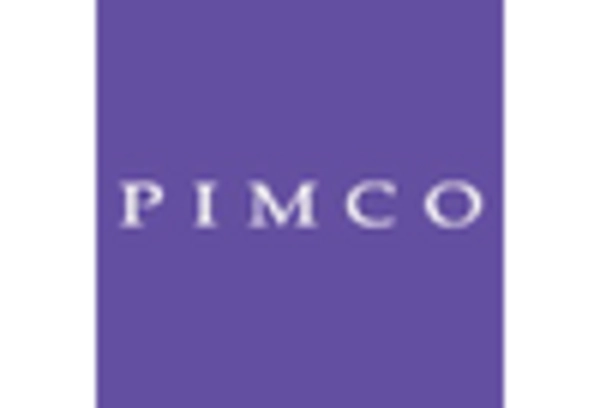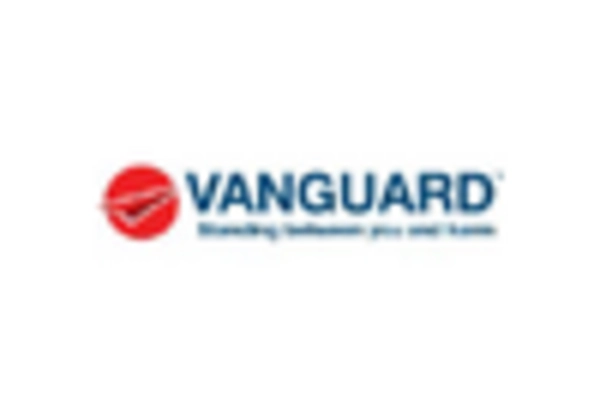Rising Interest Rates
The High Yield Bonds Market is currently influenced by the trajectory of interest rates. As central banks adjust rates to combat inflation, the yield on high yield bonds becomes more attractive compared to traditional fixed-income securities. For instance, a recent uptick in interest rates has led to a widening spread between high yield bonds and government bonds, making the former more appealing to investors seeking higher returns. This environment encourages capital inflow into the high yield sector, as investors search for yield in a low-rate environment. Consequently, the High Yield Bonds Market is likely to experience increased activity as investors reassess their portfolios in light of changing interest rates.
Corporate Earnings Growth
The performance of the High Yield Bonds Market is closely tied to corporate earnings. As companies report stronger earnings, their creditworthiness improves, leading to a reduction in default risk associated with high yield bonds. In recent quarters, many corporations have demonstrated resilience, with earnings growth rates surpassing expectations. This trend bolsters investor confidence, resulting in increased demand for high yield bonds. Furthermore, the overall health of the corporate sector can influence the pricing of these bonds, as improved earnings may lead to tighter spreads. Thus, the High Yield Bonds Market stands to benefit from a favorable earnings landscape.
Investor Appetite for Risk
The High Yield Bonds Market is significantly shaped by the prevailing investor sentiment towards risk. In an environment characterized by low yields on safer assets, investors are increasingly willing to embrace higher risk for potentially greater returns. This shift in risk appetite has led to a surge in demand for high yield bonds, as they offer higher yields compared to investment-grade securities. Recent data indicates that inflows into high yield bond funds have surged, reflecting a growing trend among investors to seek out higher returns. This dynamic suggests that the High Yield Bonds Market may continue to thrive as long as investors remain optimistic about economic conditions.
Emerging Market Opportunities
The High Yield Bonds Market is witnessing a notable expansion due to opportunities in emerging markets. As developed economies face slower growth, investors are turning their attention to high yield bonds issued by companies in emerging markets, which often offer higher yields. The diversification benefits associated with these bonds can enhance portfolio performance. Recent trends indicate that emerging market high yield bonds have attracted significant capital, driven by the search for yield and the potential for economic growth in these regions. Consequently, the High Yield Bonds Market is likely to see increased participation from investors looking to capitalize on these opportunities.
Technological Advancements in Trading
The High Yield Bonds Market is being transformed by technological advancements that enhance trading efficiency and accessibility. Innovations such as algorithmic trading and blockchain technology are streamlining the process of buying and selling high yield bonds. These advancements not only reduce transaction costs but also improve market liquidity, making it easier for investors to enter and exit positions. As technology continues to evolve, it is expected that the High Yield Bonds Market will become more attractive to a broader range of investors, including retail participants. This increased accessibility could lead to greater market participation and potentially higher volumes in high yield bond trading.
